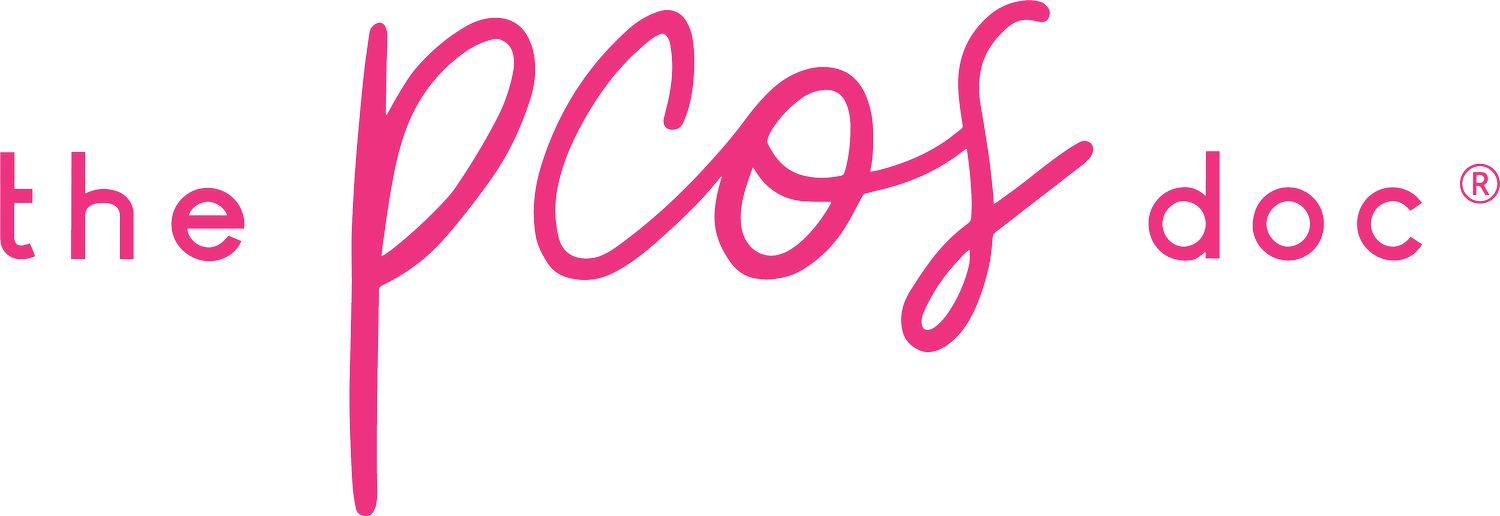Are PCOS & IBS Related?
As we delve into the intricate nuances of women's health, let's embark on an exploration: Are PCOS and IBS intertwined? So, grab a cozy blanket, brew a cup of tea, and let's delve into this fascinating topic together.
Imagine your body as a symphony, where hormones dance gracefully to their own rhythm. But what happens when one instrument falls out of tune? Could it disrupt the entire ensemble? Herein lies the curious connection between Polycystic Ovary Syndrome (PCOS) and Irritable Bowel Syndrome (IBS).
While PCOS often commands attention with its hormonal complexities, IBS, characterized by gastrointestinal disturbances, lurks in the shadows. Recent studies suggest these two conditions may share more than just the spotlight—they could be entwined in a delicate dance of hormones and gut health.
To start, what even is IBS?
Irritable Bowel Syndrome (IBS) is a chronic functional gastrointestinal disorder characterized by recurrent abdominal pain or discomfort, often associated with changes in bowel habits. Subtypes of IBS include diarrhea-predominant (IBS-D), constipation-predominant (IBS-C), and mixed (IBS-M). One of the main drivers of IBS is Small Intestinal Bacterial Overgrowth (SIBO), where there is an overgrowth of bacteria in the small intestine.
Small Intestinal Bacterial Overgrowth (SIBO) occurs when bacteria from the colon proliferate in the small intestine, leading to symptoms such as bloating, gas, diarrhea, abdominal pain, and malabsorption of nutrients. Risk factors for SIBO include high stress and antibiotics use and conditions that affect gut motility, such as diabetes, scleroderma, and gastrointestinal surgery, as well as anatomical abnormalities and certain medications.
Here are some scientific insights into how PCOS and IBS intersect:
**Insulin and Inflammation:**
Insulin resistance, a hallmark of PCOS, not only disrupts blood sugar balance but also fuels inflammation. This chronic low-grade inflammation may extend beyond metabolic tissues to impact the gastrointestinal tract, contributing to symptoms of IBS such as abdominal pain and discomfort.
**The Gut Microbiome:**
The gut microbiome, comprising trillions of microorganisms, plays a crucial role in both PCOS and IBS. Disruptions in the gut microbiota observed in PCOS may contribute to hormonal imbalances and inflammation, exacerbating symptoms of both conditions. Similarly, alterations in gut bacteria are implicated in IBS symptoms such as bloating, gas, and irregular bowel movements. This intricate interplay underscores the connection between PCOS and IBS, with gut dysbiosis serving as a shared mechanism.
Whether you experience symptoms of PCOS, SIBO/IBS, or both, my approach is rooted in holistic nourishment of the body, mind, and spirit. Embracing a lifestyle rich in whole foods, fiber, antioxidants, and anti-inflammatory nutrients supports gut health and hormone balance. Integrating mindfulness practices like yoga, meditation, and gentle movement soothes both body and soul.
Every individual is unique, so partnering with a healthcare provider versed in the intricate dance between PCOS and IBS is essential. Together, you can craft a personalized plan that honors your body's wisdom and fosters radiant health from within.
If you're seeking holistic support with chronic gut issues and you are ready for answers, schedule a call with our team to see if you are a good fit to work with our team gut expert, Dr. Jake.
